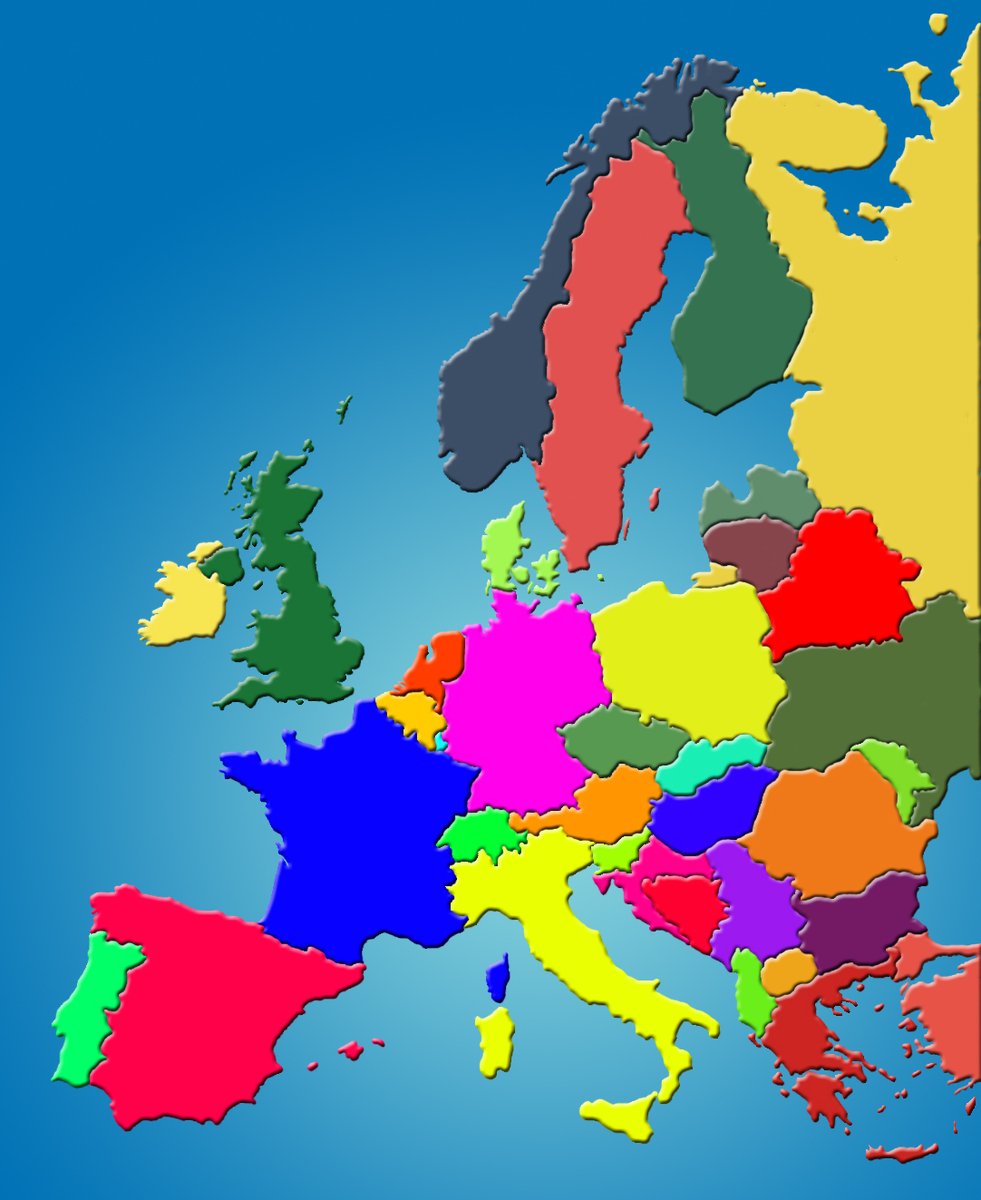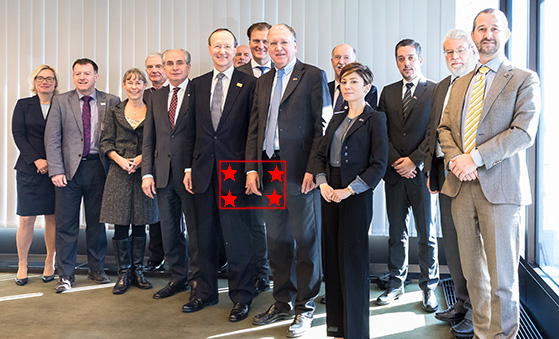

THE EPO under António Campinos is still a mess -- a truly sordid mess that continues to lower patent quality and even grant software patents in Europe. SUEPO says that tens of thousands of fake European Patents get granted each year.
"This is no laughing matter as the EPO keeps knowingly granting fake European Patents (which it knows courts would reject)."The EPO is again pretending to be serving the public. It pretends to be listening to the public while doing whatever it wants anyway (granting lots of fake patents to increase income and harm Europe). Yesterday it tweeted a link to this page from Thursday (warning: epo.org link) that says "The EPO has published its draft Strategic Plan 2023 and is now inviting all stakeholders to provide their views on the document."
"Your opinion matters to us," they said in Twitter. "Take the opportunity to read the draft EPO #StrategicPlan and provide us with your view..."
"Today's EPO cares about only one thing: granting as many patents as possible, as fast as possible."When did they ever listen to the public? They barely even listen to stakeholders, except very large companies. Today's EPO cares about only one thing: granting as many patents as possible, as fast as possible.
Meanwhile, liars from Bristows (Annsley Merelle Ward) are turning sore, more so after the highest British court slammed down fake European Patents. In her own words:
On appeal to the Supreme Court, Lilly argued that the Court of Appeal had not applied the test of obviousness correctly under the UK law or the EPO's approach of finding invention where there was an unexpected technical effect (here, reduced side effects at a dose that worked). Actavis supported the CA's view: as a matter of policy, routine work cannot be patentable.
[...]
To this guest Kat the outcome feels rather tough on the patentee.
"This "guest Kat" is Team UPC and she wants to just abolish these courts and replace them with the joke known as Unified Patent Court (UPC), controlled by the very same people who grant these fake European Patents while promoting patents on life and SPCs."Speaking of SPCs (Team UPC's favourite), check what a Team UPC blog, Kluwer Patent Blog, posted in recent days. Its posts from Wednesday and Thursday are revealing (e.g. this one from SPC people, another one from Bristows, and invalidity in China). China is being imitated by EPO for the lack of quality; it's just quantity that counts. "Invalidity is not an available defense to patent infringement claims in China," it says, "China currently adopts a bifurcated adjudication system that patent infringement and validity proceedings are decided by different authorities, similar to that in Germany. Courts have no authority to decide on patent validity during infringement proceedings, while patent validity is solely determined by the PRB under the CNIPA (previously the SIPO)." Think of EPO and UPC, except lack of separation (for BoA also). It's a recipe for disaster. One more blog post from two days ago reveals that the Board of Appeal (BoA) has just thrown out an abstract patent:
Last week the Board of Appeal issued a decision holding that Google’s patent application 04784004.6 was unallowable on the ground of lack of inventive step. Amongst other things, the decision contains useful guidance relevant to applications containing a mixture of technical and non-technical subject matter.
The Chartered Institute of Patent Attorneys (CIPA) in the UK has harshly criticized the European Patent Office for its handling of the issue of patentability of plants. Last month it published a position paper in which it said measures proposed by the EPO to create clarity undermine legal certainty or are even unlawful. Kluwer IP Law interviewed Simon Wright, Chair of the CIPA Life Sciences Committee and partner at J.A. Kemp about what’s going on. Wright stressed these are his personal comments.
[...]
“The next stage in the procedure is likely for the EBA to invite comments from interested parties. That will see a considerable number of amicus curiae briefs, not only likely from legal representative bodies (likely CIPA and epi) but also industry bodies too.
No doubt the plant breeders will be continuing to push for a change in the law. They argue that it is just ‘a clarification’. This, however, is incorrect. Products of essentially biological processes have always been patentable, ever since the EPC was written in 1977, and indeed that was the intention when the EU Biotech Directive was drafted too (because it uses exactly the same wording as the EPC). In short, both the EPC and the Directive clearly state that while essentially biological processes are unpatentable, the products thereof are not excluded.
What we have here, though, is a blatant attempt by certain parts of the agricultural industry (via the European Commission, and now via the EPO) to change the law in an illegal, and improper manner, and to try and persuade law makers that they need to change the law (although I cannot see the logic for this) ‘by the back door’.”
"So the patent law firms think they just 'own' the world and the law."Speaking of IP Kat, Peter Ling has just mentioned Battistelli and the EPO's Council violating the EPC to punish all the judges and ensure they don't resist patent zealots (or speak out about Team Battistelli's crimes). First article on this topic in a very long time (probably years):
If Munich was understood to refer to the city only, it is doubtful that Haar would be in compliance with the EPC, given that the Administrative Council does not have the power to enact a rule that deviates from the EPC (as recently underscored by the Boards of Appeal). Art. 7 EPC grants the power to the Administrative Council to create other "sub-offices […] for the purpose of information and liaison". The EPO actually operates sub-offices in Berlin, Vienna and Brussels. However, the Boards of Appeal are far more than a "sub-office" and they do not serve the purpose of "information and liaison". As a result, the powers of the Administrative Council to move the Boards to Haar could hardly be derived from this provision.
"We know who (or what) CIPA works for."The EPO remains highly worrying because it's rogue in the sense there's zero accountability. Campinos is accountable to nobody; his former 'boss' is now his assistant. We've never seen anything quite like it, not even in China. In the US, owing to courageous judges (and based on another dozen key decisions on patents from this past month), there's no comeback for software patents -- in fact, it's getting yet worse for them. It's included in our daily links (no longer within our scope of coverage). Ideally the EPO will reach the sobering moment when all software patents are confirmed to be invalid, preferably some time later this year (as happened years ago to patents on seeds and plants). CIPA can shout and throw its toys all it wants. We know who (or what) CIPA works for. ⬆

CIPA and the 'crime syndicate' of Battistelli